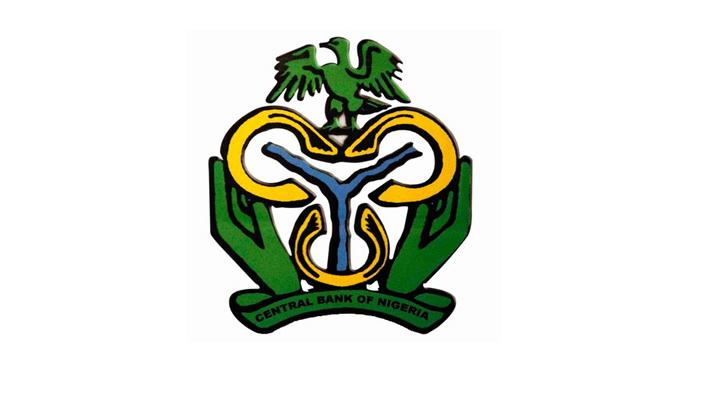The Bank Customers Association of Nigeria (BCAN) has announced that it has formally petitioned the Central Bank of Nigeria (CBN) over what it described as unauthorized and excessive charges deducted from customers’ bank accounts. This call for regulatory intervention was made during the 2025 Artificial Intelligence Conference, organized by SuperNews with the theme: “Power of AI: Enhancing Efficiency and Customer Satisfaction for Better Financial Services Experience.”
The President of BCAN, Dr. Uju Ogubunka, disclosed this development on Thursday, emphasizing that the association had written directly to the apex bank to highlight these recurring charges that fall outside the scope of officially approved bank fees.
Dr. Ogubunka criticized the recent shift towards an end-user billing model for unstructured supplementary service data (USSD) charges. Traditionally deducted directly from customers’ bank account balances, these charges have now been moved under a different billing system that, according to BCAN, lacks regulatory clarity.
BCAN Challenges New Bank Deduction Model
“On the basis of excess charges, we have written to the BCAN Central Bank of Nigeria to find a permanent solution to it,” he said. “And if they don’t, perhaps bank customers may have to come out to demand it. Let’s pray that the Central Bank addresses this.”
He noted that these additional deductions have continued to erode trust between banks and their customers. According to him, this pattern is not only burdensome to users but also contradicts the transparency principles expected of the banking sector.
Beyond fees and deductions, Ogubunka also expressed concern about the broader experience of customers within the BCAN Nigerian banking system. Highlighting complaints that routinely flood financial institutions and regulatory bodies, he said that customer satisfaction is still far from acceptable.
“When you talk of customer satisfaction in today’s Nigerian banking system, it doesn’t exist. That’s the truth,” Ogubunka stated. “There are ongoing complaints, petitions at Bankers’ House, CBN, NDIC, mediation centres, and even the courts. If people were satisfied, there wouldn’t be so many grievances.”
According to him, artificial intelligence (AI) should be capable of addressing many of these pain points. However, he argued that the technology has yet to be effectively implemented across Nigerian banks to bring about noticeable change.
“If AI had truly been adopted in the Nigerian banking ecosystem, most of the complaints we hear today would have been resolved through automated, efficient systems,” he added.
BCAN Delivering the keynote address, Johnson Chukwu, a respected voice in the finance and technology sectors, illustrated how AI could significantly improve banking services. He focused on the rise of consumer credit, automated loan approvals, and enhanced personalization in customer service—all driven by AI algorithms.
“Today, consumer credit is accessible because machines can evaluate your income, expenses, and spending behavior,” Chukwu explained. “Telcos and banks now track where payments go, how much you spend, and what you spend on. Based on that, they can offer you a tailored loan instantly—N50,000, N100,000—automatically approved in minutes.”
He also highlighted AI’s potential in personalizing customer experiences. “AI enables a system where one million bank customers are treated as individuals. The system knows your face, your fingerprint, your preferences—it’s no longer a one-size-fits-all approach,” Chukwu said.
This individual-level treatment, he noted, will naturally lead to faster complaint resolutions and better services across all banks.
Chukwu concluded his speech with a framework he referred to as the “Seven C’s” of AI implementation in the banking sector:
-
Capacity – Building the infrastructure and workforce required.
-
Capability – Equipping staff and systems with the right skills and tools.
-
Collaboration – Engaging with tech partners and regulators.
-
Creativity – Innovating within traditional bank processes.
-
Cognition – Leveraging data to make informed decisions.
-
Continuity – Ensuring sustainability and adaptability.
-
Control – Maintaining governance and compliance standards.
He warned that banks that fail to embrace these elements risk becoming obsolete. “Artificial Intelligence will define the future of human interaction. Banks that refuse to evolve with AI will struggle to remain relevant,” Chukwu declared.
As AI continues to disrupt global finance, Nigerian banks must address both the technological gap and the increasing dissatisfaction among customers. BCAN’s letter to the Central Bank underscores a critical moment in Nigeria’s financial ecosystem, where regulatory intervention and digital transformation must go hand-in-hand.
While AI offers hope for improved customer service and operational efficiency, stakeholders across the banking industry must first resolve existing structural challenges—beginning with fair and transparent charges. Only then can technology fully play its role in redefining the Nigerian banking experience for the better.
Source- Punch

